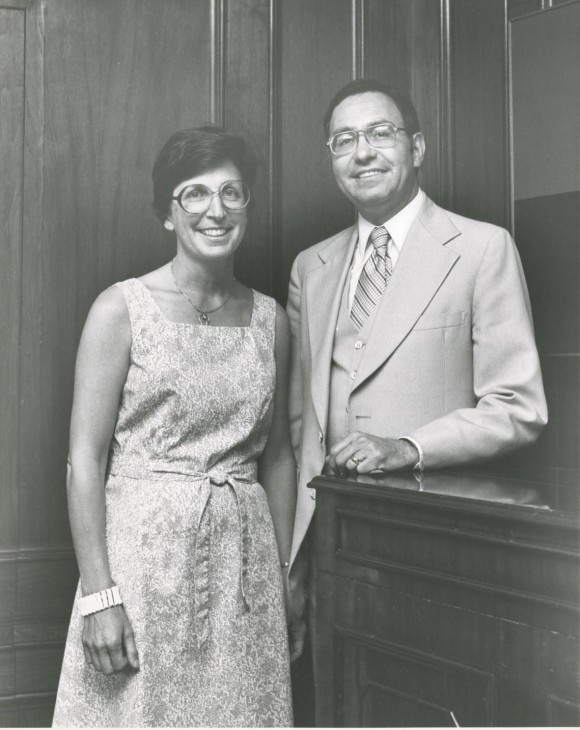The Hess Collection on Ethiopia and the Horn of Africa and the Robert L. Hess Collection on the Continent of Africa at Brooklyn College are largely devoted to colonial issues and the colonial period. The materials date from the late 18th to the mid-twentieth centuries. The collection of some 5,000 volumes has been inventoried and appraised by leading bookmen and Africana specialists William French and Philip McBain. The appraisers characterized the collection this way:
The great bulk of the collection is specifically focused on the Horn of Africa: Ethiopia, Somalia, and their neighbors. Within this area the coverage is both broad and deep; all aspects of history, exploration, politics, linguistics, religion, art, economics, and geography are extensively covered.
Materials include:
- Important works by such authors as James Bruce, Richard K.P. Pankhurst, and Richard F. Burton;
- Memoirs of major and minor Italian officials, missionaries, and soldiers
- Popular travel accounts
- Modern scholarly works and
- Obscure pamphlets arguing various political, theological, or historical points.
Robert L. Hess was a noted scholar of Ethiopian History who served as president of Brooklyn College from 1979 to 1992. In 1993, the Robert L. Hess Collection in African and Ethiopian history was deeded to the Brooklyn College Library by the late-President Hess’s widow, Frances A. Hess. Mrs. Hess has endowed a fund which allows the college to both care for and add to Dr. Hess’ Collection. One of our newest additions to the the Hess Collection is a WWII Italian prisoner of war diary.
Access:
Reference and research assistance is offered to all Brooklyn College students, alumni, faculty, and administrators. Access is also available to outside researchers, writers, and students, who should secure permission from the archivist prior to visiting the collections. See Visitors page.
The duplication of collection materials either by photocopying and/or computer-based processing is permitted on a case-by-case basis. Permission is determined by the physical condition of the requested materials and any copyright or use restrictions that may apply. Consultation with the archivist is required.



